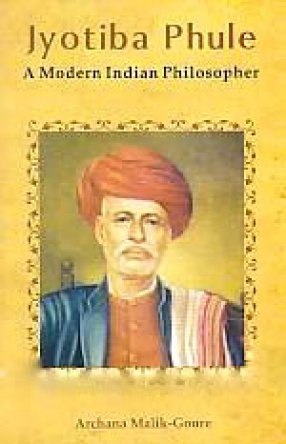
Showing all 6 books
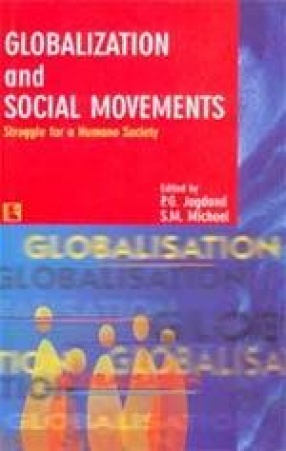

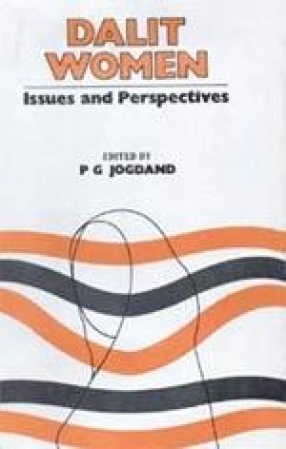

Caste conflicts ruled the roost in the nineteenth-century India. It housed many social evils like untouchability, discrimination against women and the underprivileged, and sati. Education was the prerogative of the mighty Brahmins and the upper-class society, resulting in the perennial exploitation of the backward classes, women, farmers and widows. Jyotiba Phule (1827 90) dawned as the saviour of the weaker sections. Defying diktats and intimidations, he got ...
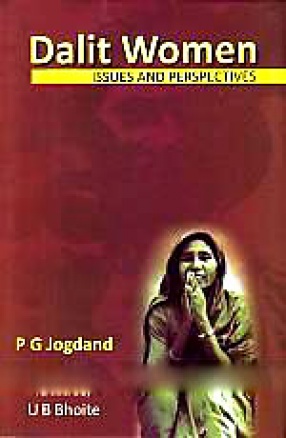

Globalization is a reality now. Every aspect of human life is getting affected by this process. Religion, culture and nation are challenged to reorient themselves to the newly emerging global order. Economic activities and power relationships of societies and communities are also getting reorganized to this process. Globalization is a double-edged sword. It has exciting possibilities and can also usher in unprecedented miseries. Globalization, which brings the ...


The book starts with an exploration of the specificities of dalit Women in India. Dalit women constitute a lower segment in Indian constitute a lower segment in Indian society and suffer from dual disadvantages: (a) of being Dalit and (b) being women. These women suffer all deprivations which their caste group as a whole suffer. Besides, they have to undergo additional hardships because of their gender. Dalit women have to struggle harder to secure basic ...
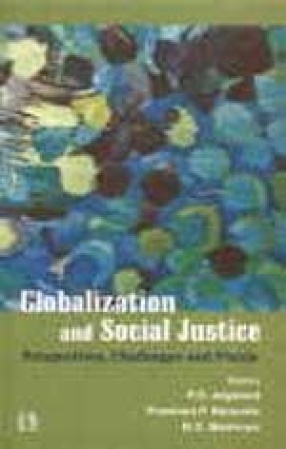
Globalization has not only affected all aspects of human life but also influenced the social institutions to a great extend. It operates in an uneven and unequal manner. The neo-liberal economy, i.e., liberalization, privatization and globalization, has further compounded the unevenness and inequality in society. The small minority of world's population holds maximum resources and majority of people are grappled in poverty. The state, as an institution, ...
